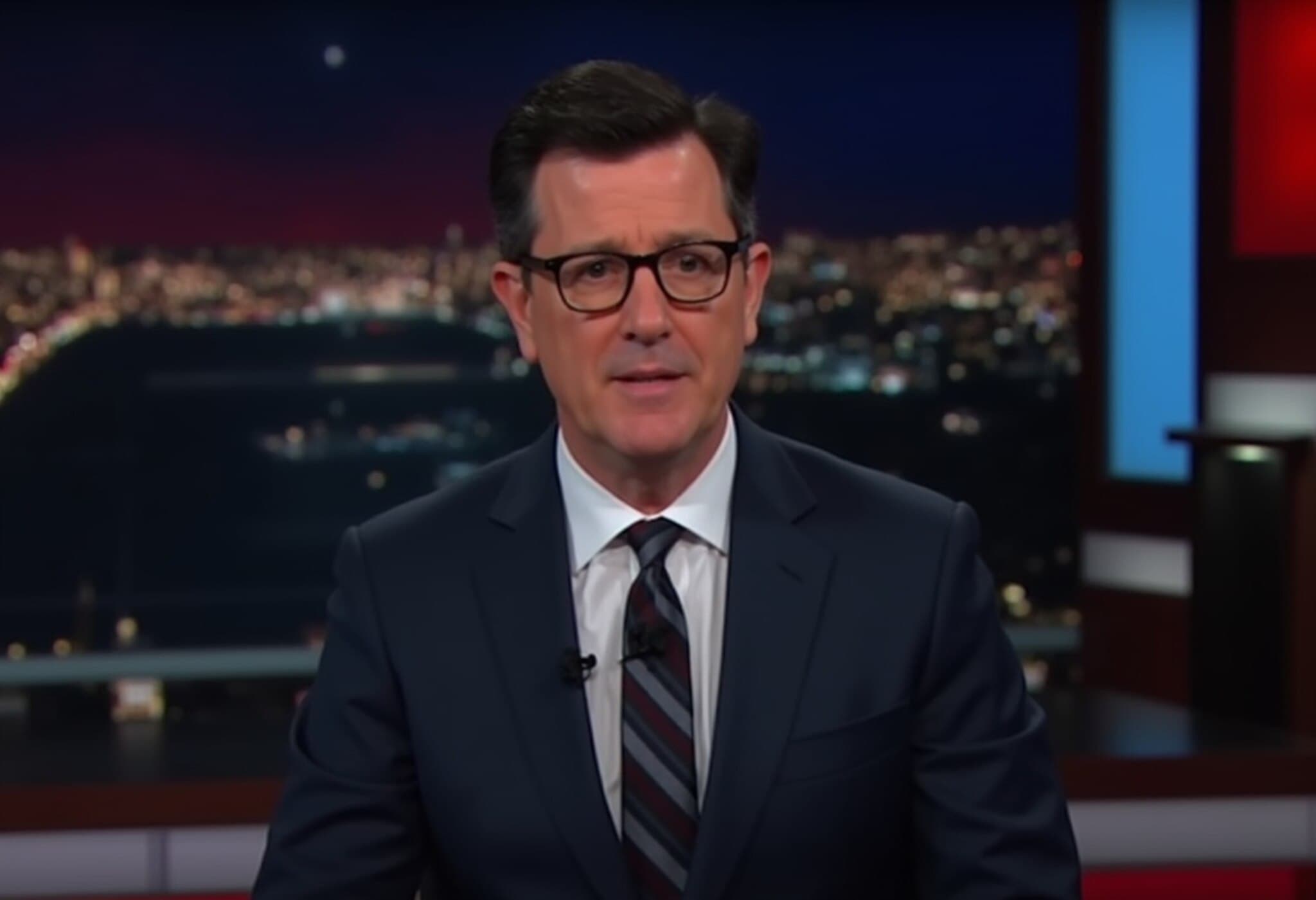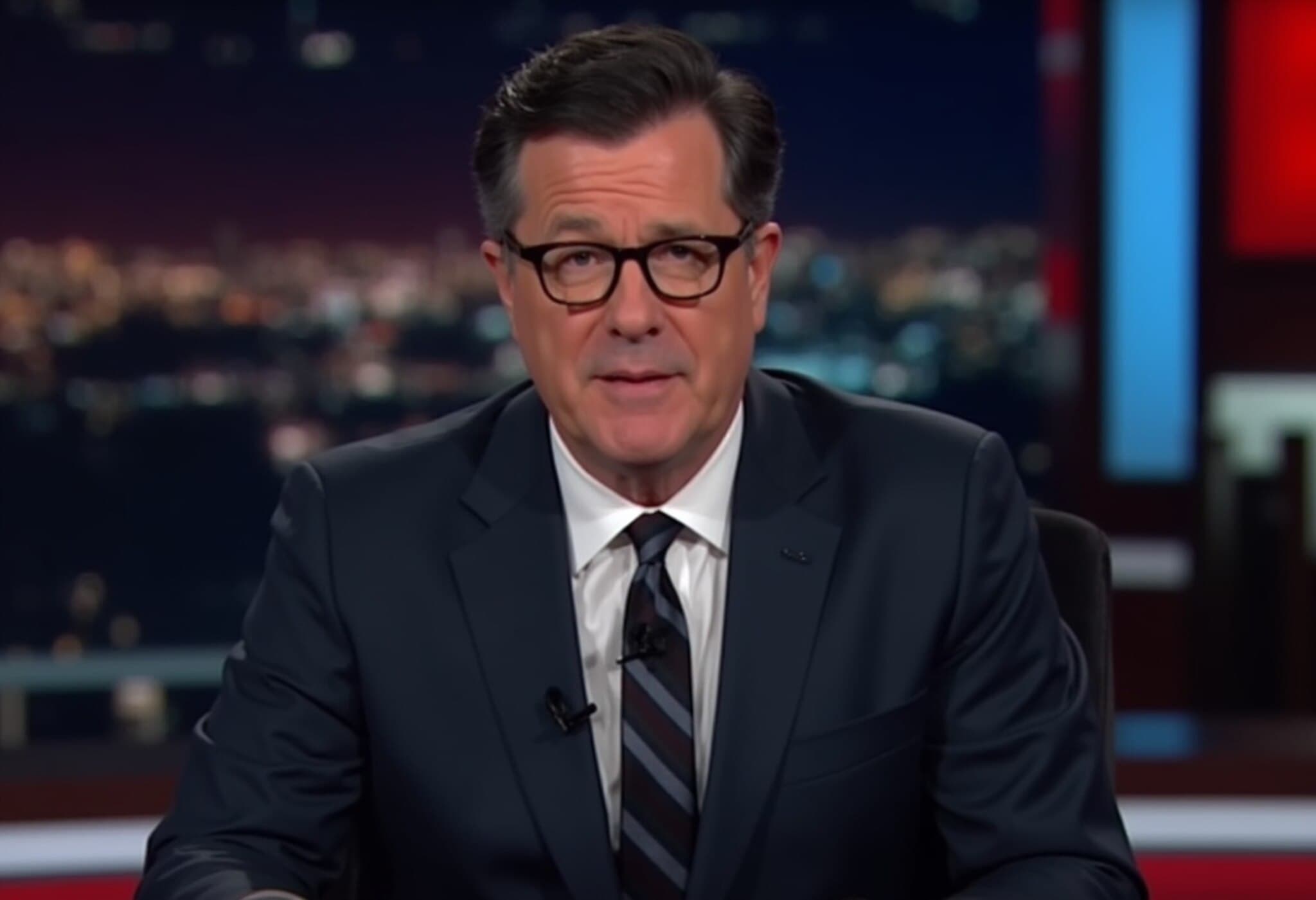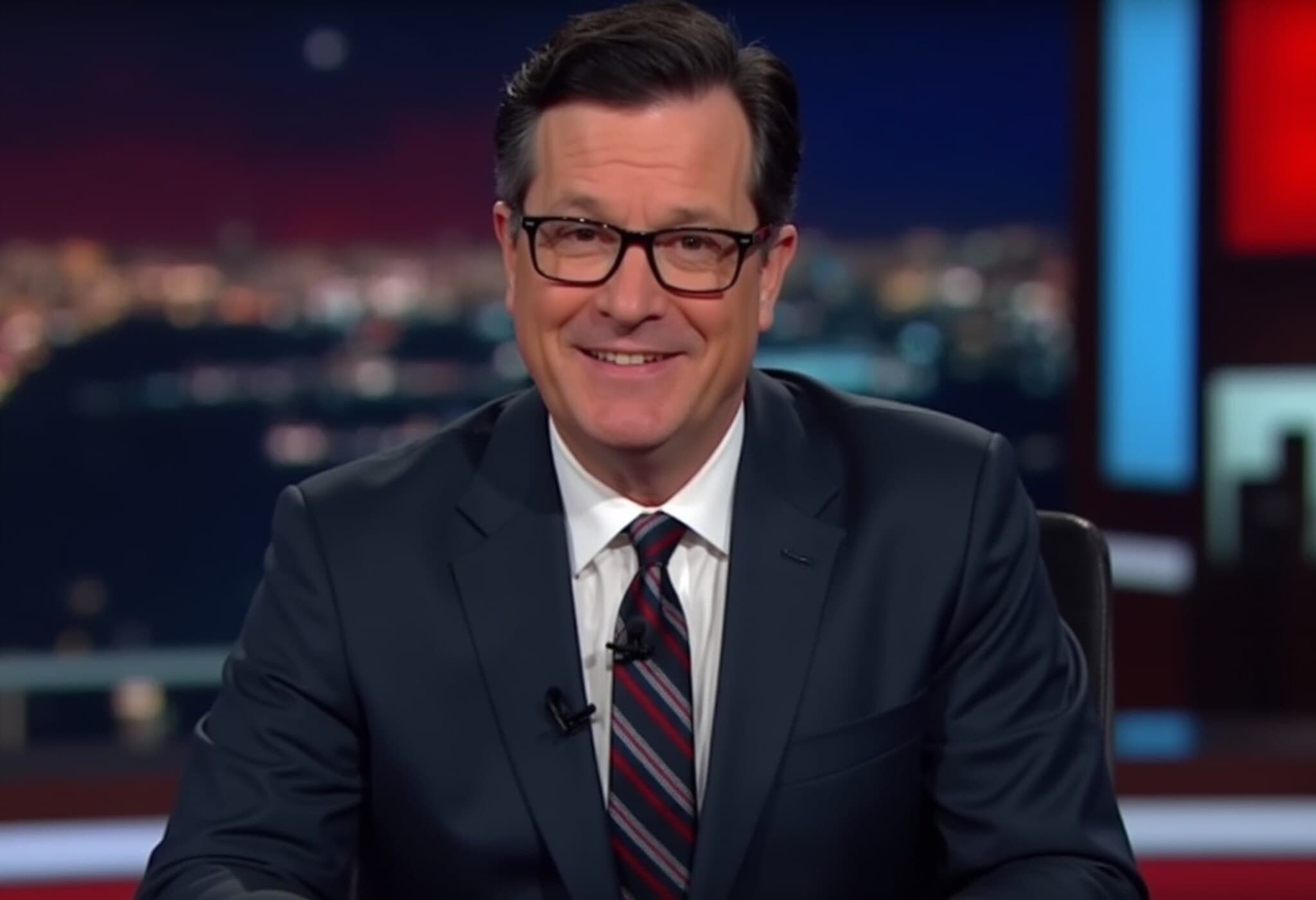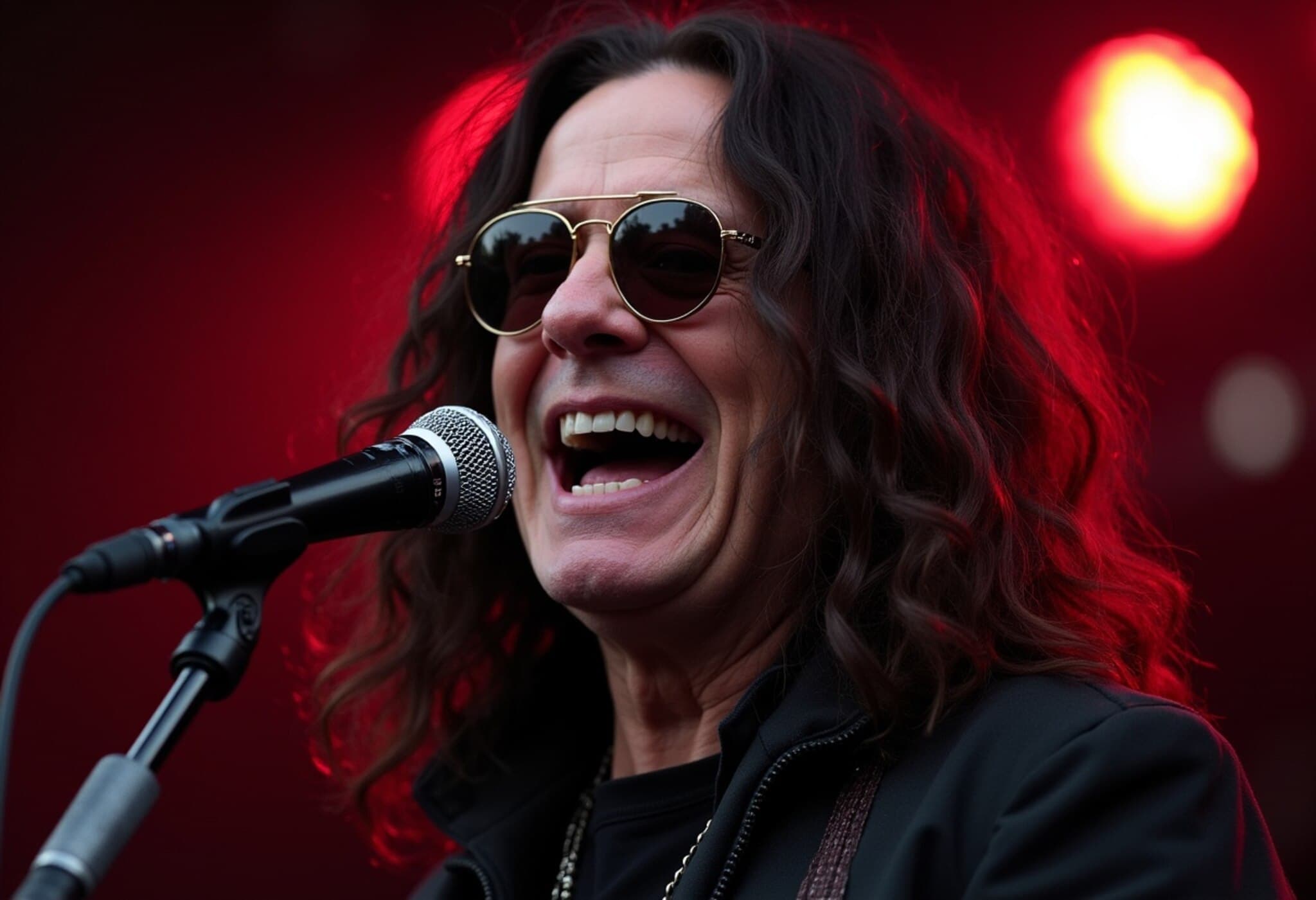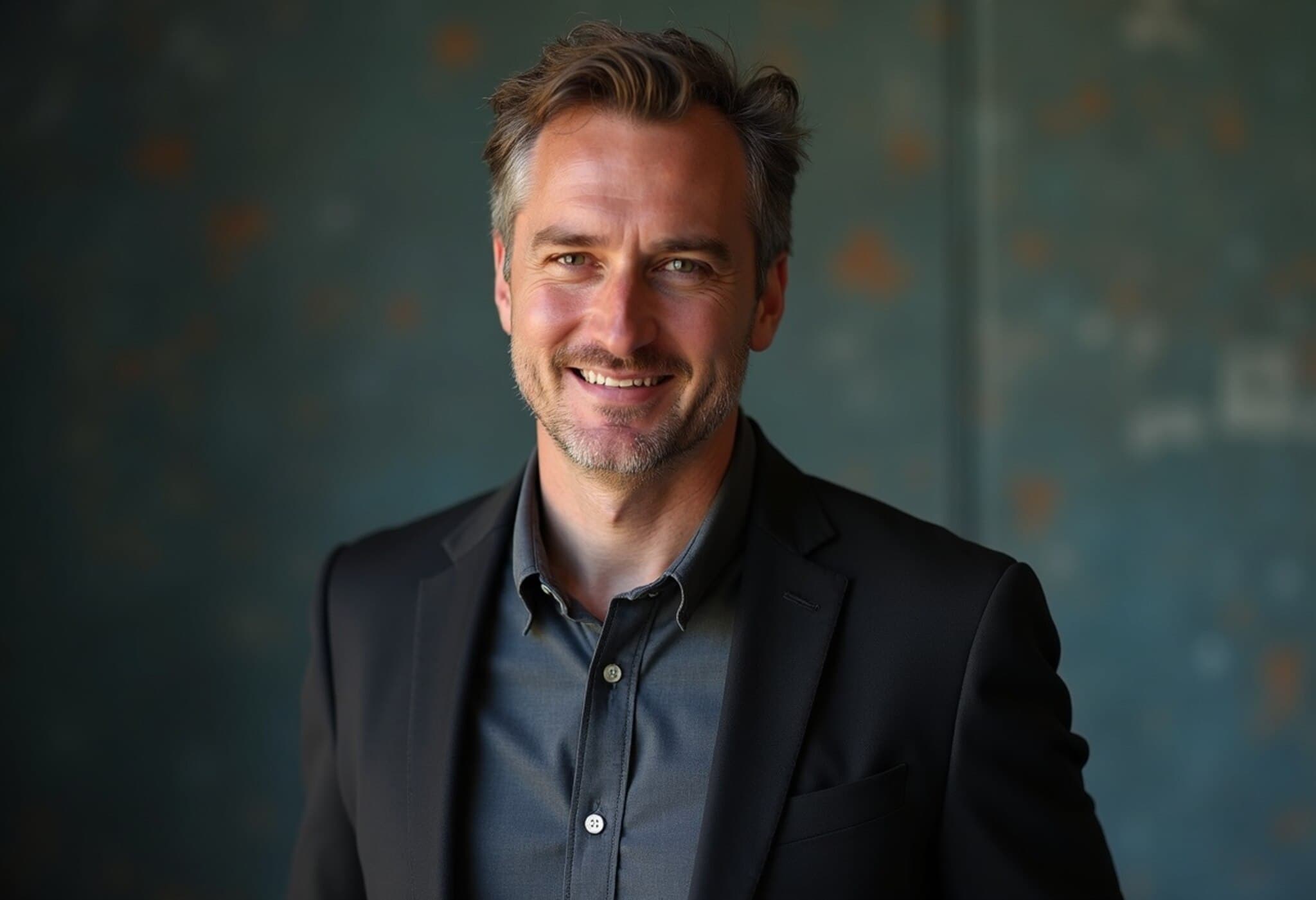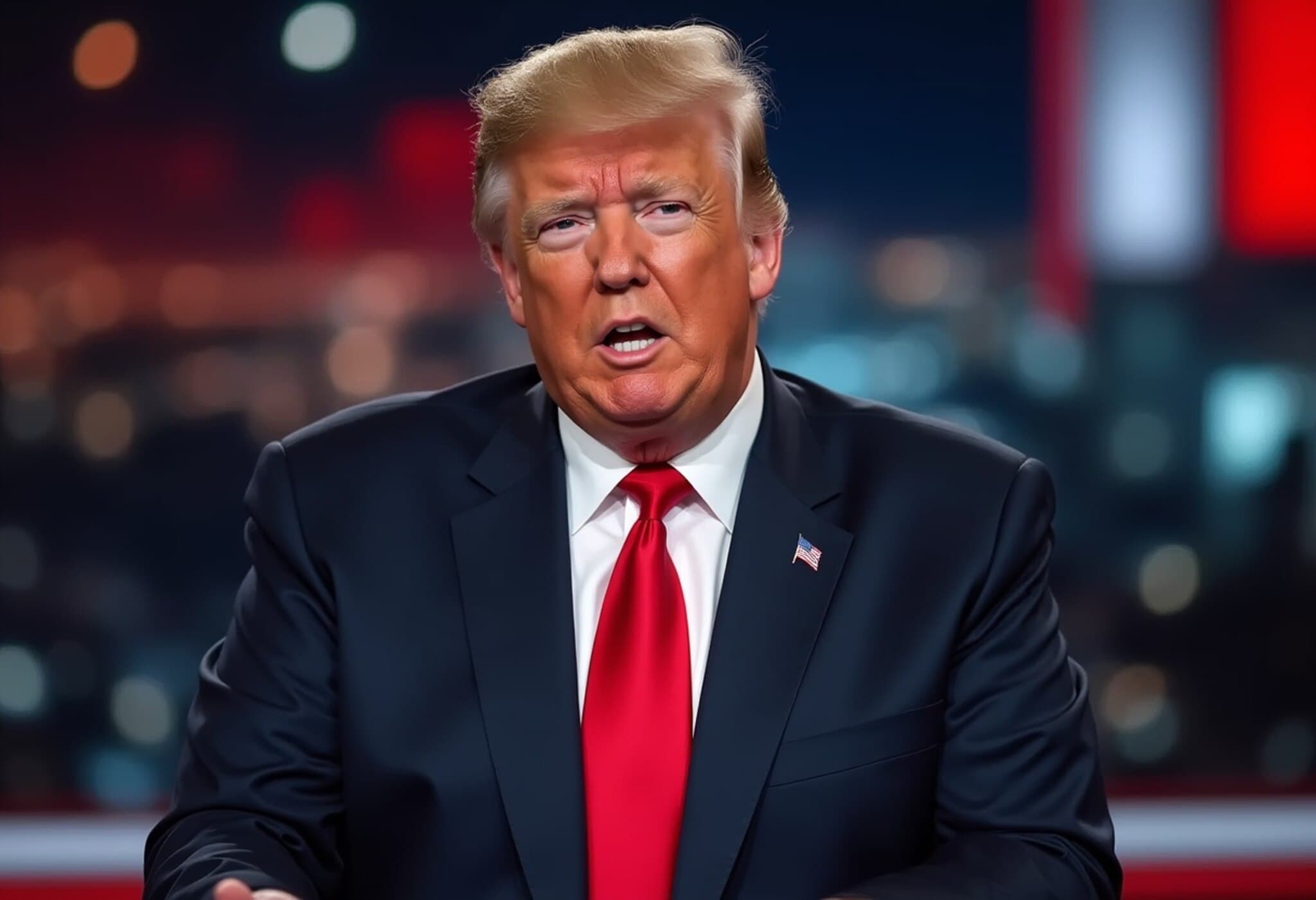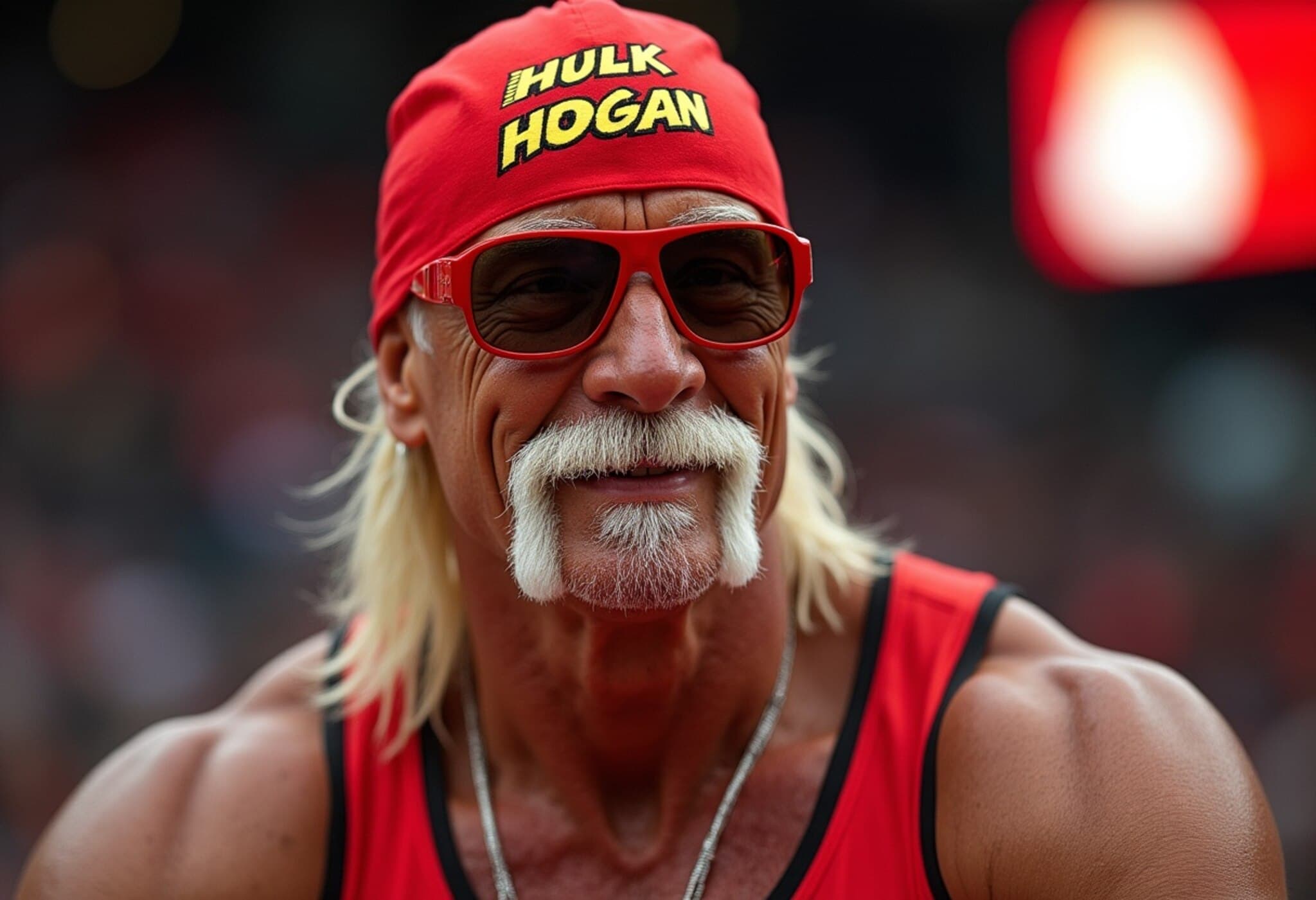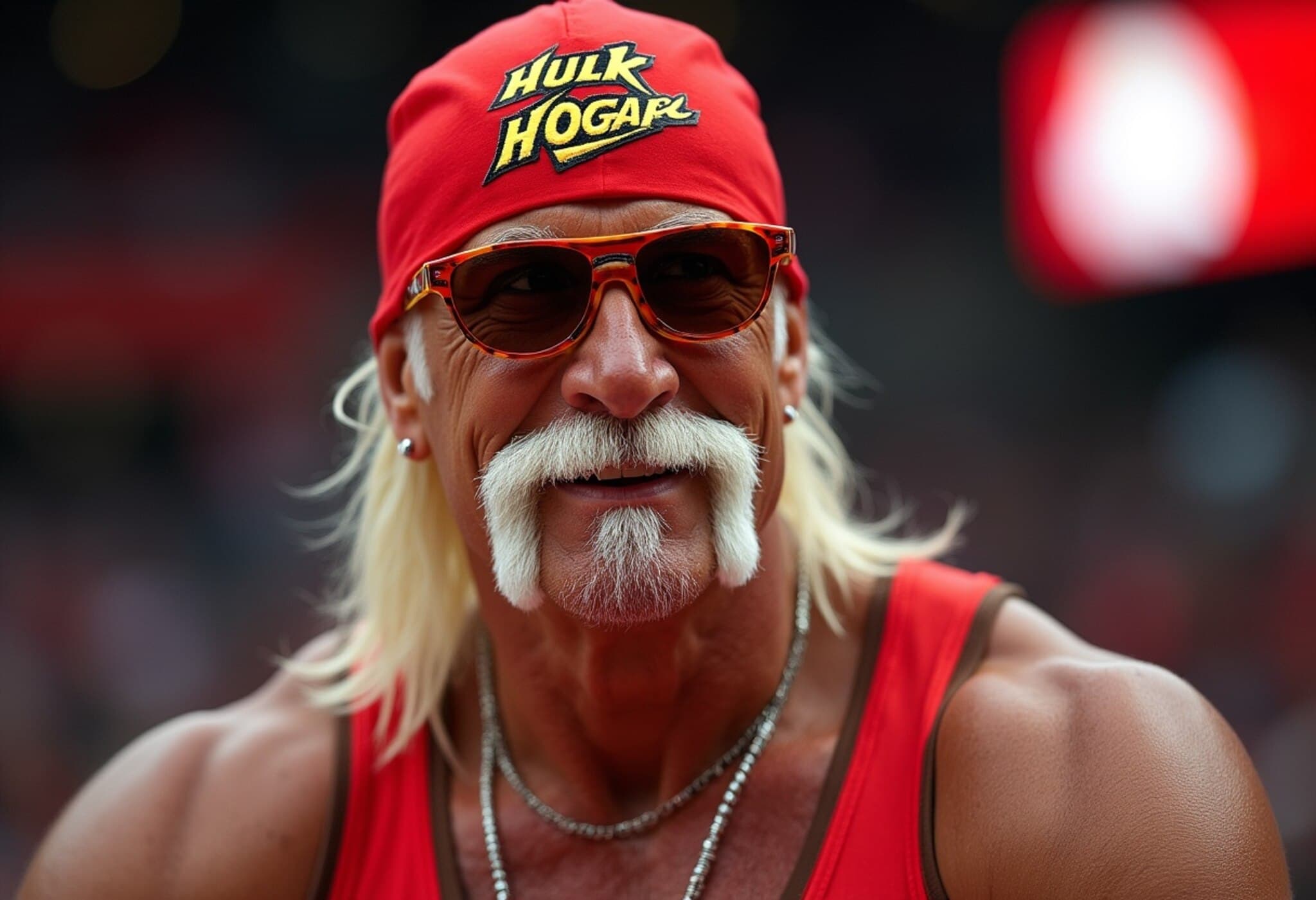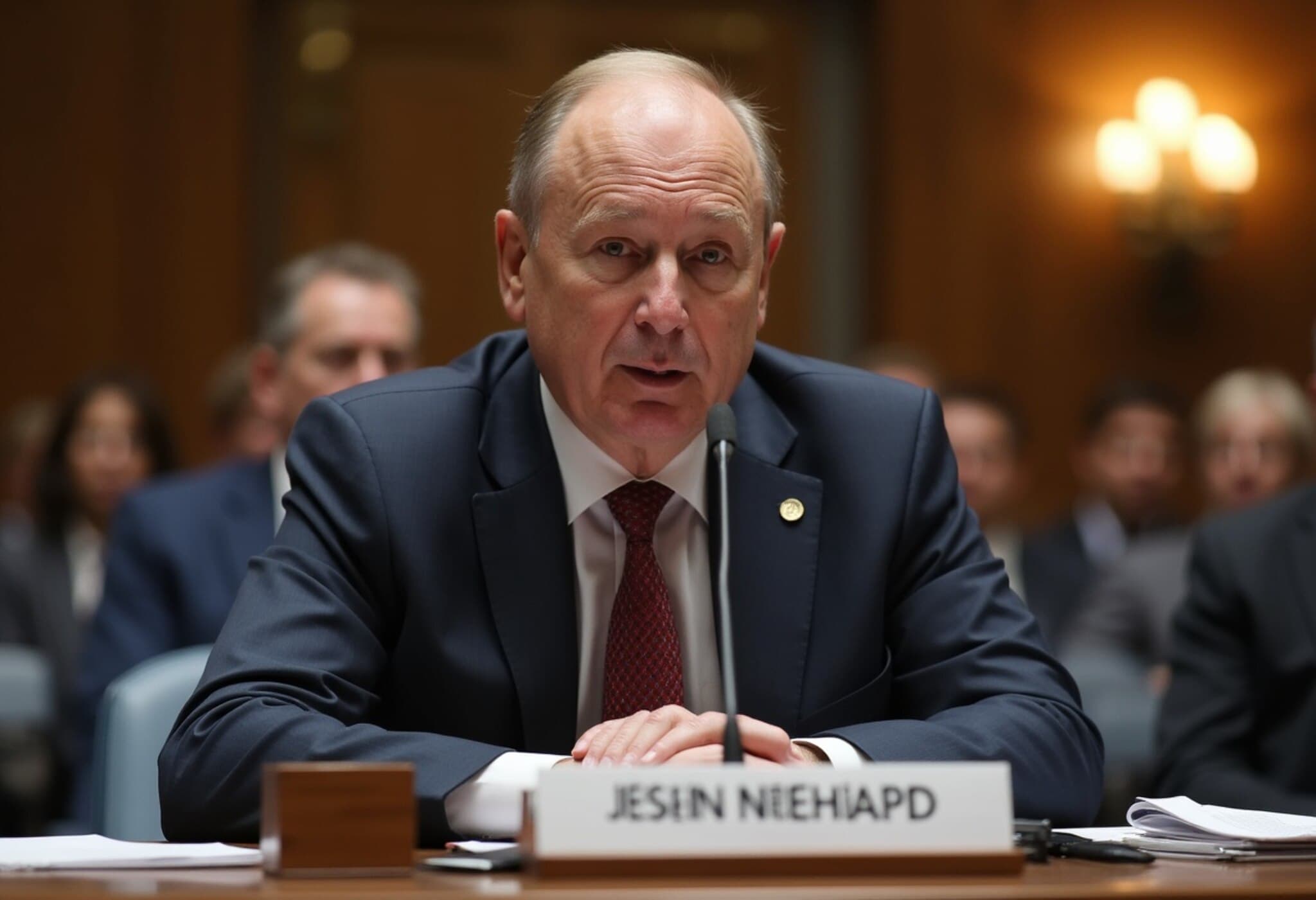CBS Announces End to Iconic ‘Late Show’ After 33 Years
In a move that marks the close of a significant chapter in American late-night television, CBS announced it will end ‘The Late Show with Stephen Colbert’ in May 2026. This decision brings a conclusion to the show's 33-year legacy that began with David Letterman and was later revitalized by Colbert’s takeover in 2015.
Trump’s Public Reaction: A Mix of Mockery and Praise
The announcement coincided with a strong reaction from former US President Donald Trump, who took to his social media platform Truth Social to express his satisfaction with the cancellation. Calling the move “long overdue,” Trump mocked Colbert by saying, “I absolutely love that Colbert got fired. His talent was even less than his ratings.”
Trump didn’t stop at Colbert. He also targeted other late-night hosts, including ABC’s Jimmy Kimmel and NBC’s Jimmy Fallon, while lauding Fox News’ Greg Gutfeld as superior to all combined. This verbal sparring highlights the continuing role late-night shows play in American political and cultural discourse, often ruffling feathers among public figures.
The Fallout: Colbert’s Final Show and Audience Reaction
During his final taping on Thursday night, Colbert addressed his audience with a mix of humor and candor. “It’s not just the end of the show, it is the end of the Late Show on CBS. I’m not being replaced, this is all just going away,” he announced, prompting boos from the crowd according to The Guardian.
Colbert also paid homage to his dedicated team of about 200 people and expressed his own mixed emotions about the show’s end:
“Let me tell you, it is a fantastic job. I wish someone else was getting it. And it is a job I am looking forward to doing with this usual gang of idiots for another 10 months.”
Context: Controversy, Corporate Deals, and Ratings
The decision to end the show follows closely on the heels of an internal conflict involving CBS’s parent company, Paramount. The company recently settled a $16 million lawsuit brought by Trump over an edited interview, a move Colbert openly criticized as “a big fat bribe.” This settlement occurred amidst Paramount’s attempt to finalize an $8.4 billion merger with Skydance Media, signaling perhaps broader corporate recalibrations affecting programming decisions.
Despite controversies and industry upheavals, ‘The Late Show’ has remained one of the most-watched late-night programs in a crowded media landscape, underscoring its cultural significance and viewer loyalty.
Reflecting on the End of an Era
- David Letterman’s legacy: He hosted ‘The Late Show’ for over two decades before Colbert took over, defining late-night TV for generations.
- Colbert’s tenure: Marked by sharp political satire and cultural commentary, often blurring lines between comedy and activism.
- Shifts in late-night TV: The end of Colbert's show highlights industry pressures from changing consumer habits and corporate strategies.
Expert Insight: What This Means for Late-Night Television
Media analyst Dr. Lisa Moreno notes, “Late-night television is at a crossroads. Traditional networks face the challenge of adapting to streaming platforms and fragmented audiences. CBS’s decision likely reflects both financial pressures and shifting cultural trends. Moreover, the political polarization exemplified by Trump’s commentary adds layers to how audiences engage with these shows.”
Looking Ahead
The conclusion of the show invites questions about who will fill the late-night entertainment void on CBS and how new formats may emerge as the media landscape evolves. It also sparks conversations around the role of satire amidst divided political climates and evolving media consumption habits.
Editor’s Note
The curtain closing on ‘The Late Show with Stephen Colbert’ signals more than just the end of a popular TV program. It reflects broader shifts in corporate media strategy, polarized political discourse, and the evolving nature of late-night entertainment. As audiences and creators navigate these transitions, it remains to be seen how late-night television will reinvent itself in a digital age and whether new voices will capture the cultural zeitgeist in the same way.

